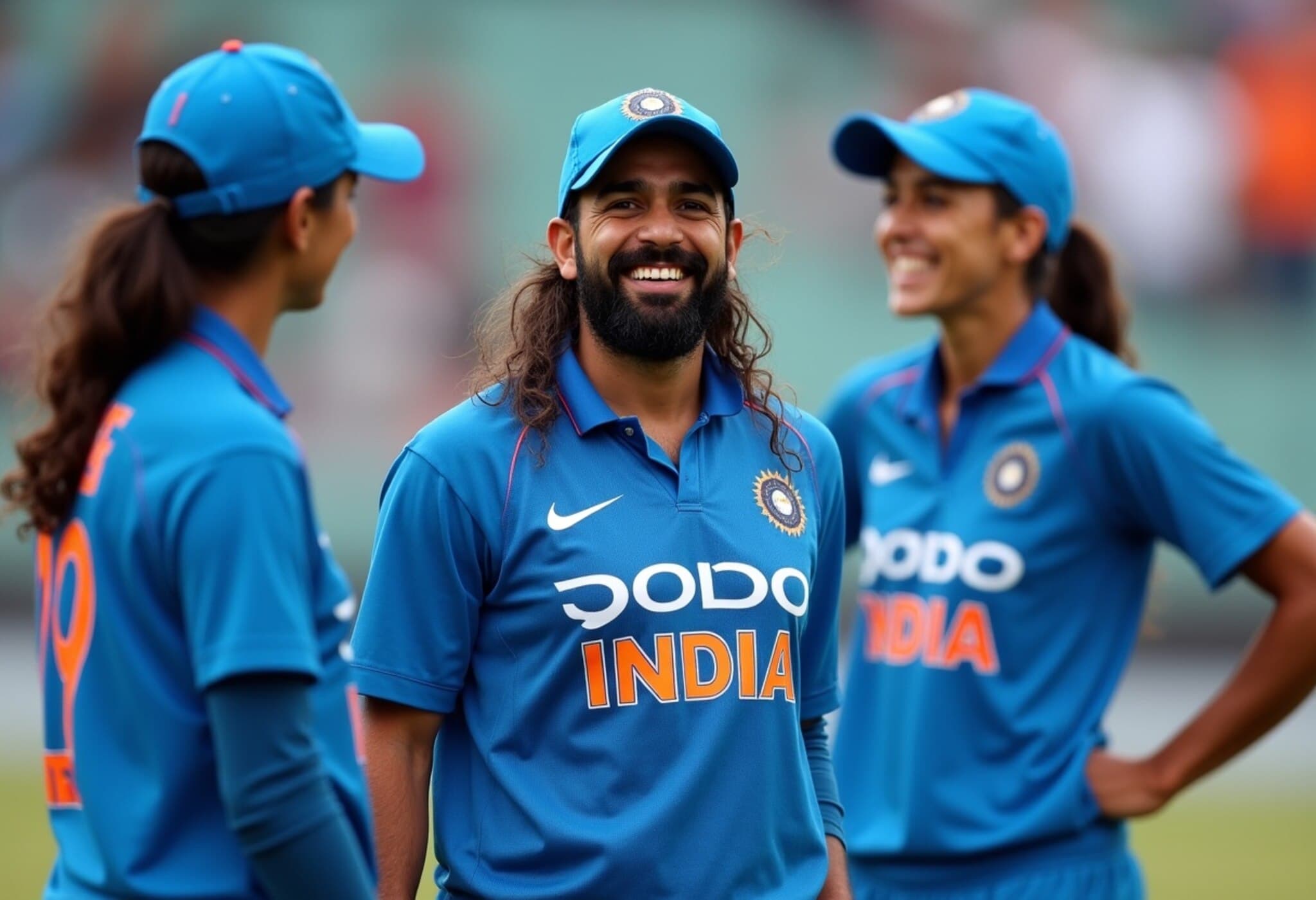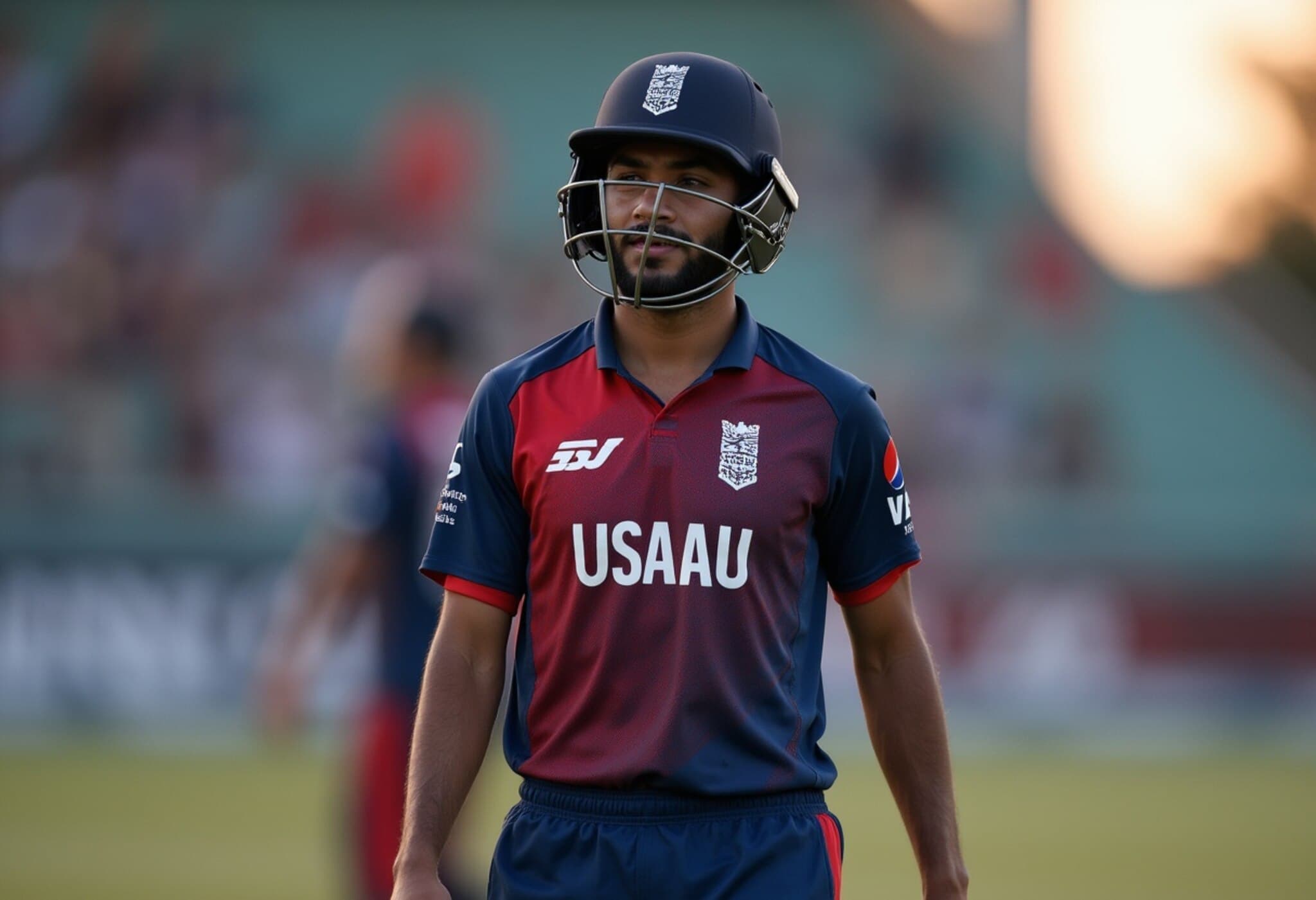Chinnaswamy Stadium’s Future in Question After Fatal Stampede
The M Chinnaswamy Stadium, a landmark sporting venue in Bengaluru, has found itself at the center of a growing controversy and uncertainty following a tragic crowd stampede in June that has left the venue's status for upcoming key cricket events in limbo. Originally slated to host vital ICC Women’s World Cup matches – including the eagerly anticipated tournament opener between India and Sri Lanka on September 30, a crucial semi-final, and potentially the final – the stadium now faces an uncertain future pending government clearance.
Stampede Tragedy Casts Shadow Over Women’s World Cup
During celebrations for the Royal Challengers Bengaluru (RCB) IPL victory on June 4, a large crowd outside the stadium turned deadly in a stampede, resulting in 11 fatalities and numerous injuries. This tragedy has reverberated beyond local grief – instigating sharp scrutiny from both the Board of Control for Cricket in India (BCCI) and the International Cricket Council (ICC).
The Karnataka State Cricket Association (KSCA), responsible for stadium management, has yet to secure official permission from state authorities to proceed with hosting Women’s World Cup matches. The Women’s World Cup is set to return to India after a 12-year hiatus, making this a significant event in the country's cricketing calendar.
Government and Police Clearance Pending Amid Investigation
Local law enforcement is withholding clearance as investigations into the stampede continue. The Justice John Michael D'Cunha Commission, appointed by the Karnataka government, recently declared the stadium "unsuitable and unsafe for mass gatherings," intensifying concerns over public safety protocols.
This has forced the KSCA into tough decisions. One immediate consequence is relocating the Maharaja Trophy T20 tournament from Bengaluru’s Chinnaswamy Stadium to Mysuru’s Srikantadatta Narasimharaja Wadiyar Cricket Stadium. Initially scheduled between August 11 and 28, the tournament’s change of venue underscores the broader fallout from the tragedy.
Broader Implications for Bengaluru’s Sporting Events
- Public Safety and Crowd Management: The stampede highlights critical gaps in crowd control and safety standards at major venues — a wake-up call for sports administrators and city planners alike.
- Impact on International Cricket: The delay raises logistical challenges for the ICC Women’s World Cup, especially with the high stakes of hosting semi-finals and finals.
- Economic and Cultural Ripples: Bengaluru’s status as a premier cricketing hub faces a potential setback, with economic and tourism benefits possibly affected by match relocations or cancellations.
Why Not Alternate Venues?
KSCA explored options such as the Alur grounds around Bengaluru, but limitations like lack of floodlights and spectator seating prevented a viable shift. Meanwhile, domestic tournaments like the upcoming Duleep Trophy will start at other BCCI facilities, maintaining some continuity in cricketing events, but the prestigious Chinnaswamy Stadium remains sidelined for now.
Expert Perspective: Safety and Governance in Sports Venues
Sports safety experts emphasize that this tragedy exposes a critical need for modern infrastructure upgrades and rigorous safety certifications before permitting mass public gatherings. The situation serves as a case study on the governance challenges that arise at the intersection of sport, public policy, and urban administration. In a country where cricket matches draw tens of thousands of spectators, the governance and law enforcement coordination must anticipate and mitigate crowd risks proactively.
Furthermore, with the ICC Women’s World Cup returning after over a decade, international spotlight and expectations are high. The delay in clearance not only undermines confidence but forces broader reflection on the standards applied to sports infrastructure in India.
What Comes Next?
The Karnataka government and KSCA face a pivotal crossroads balancing justice for the victims, stringent safety reforms, and fulfilling commitments to global cricketing events. Until official green light is given, the fate of several marquee fixtures scheduled at Chinnaswamy remains unsettled, potentially reshaping the women’s cricket tournament schedule and broadcasting plans.
Editor’s Note
The Chinnaswamy stampede is a haunting reminder of the human costs when safety systems fail amid the excitement of sporting triumphs. As India prepares to host one of the biggest events in women's cricket, ensuring rigorous safety standards and transparent governance will be paramount to prevent history from repeating itself. Will this tragedy catalyze meaningful reforms in stadium management across India? And how might this impact the global perception of Indian cricket infrastructure just when it’s stepping onto the world stage? These questions remain pressing as every stakeholder awaits decisive action.
















